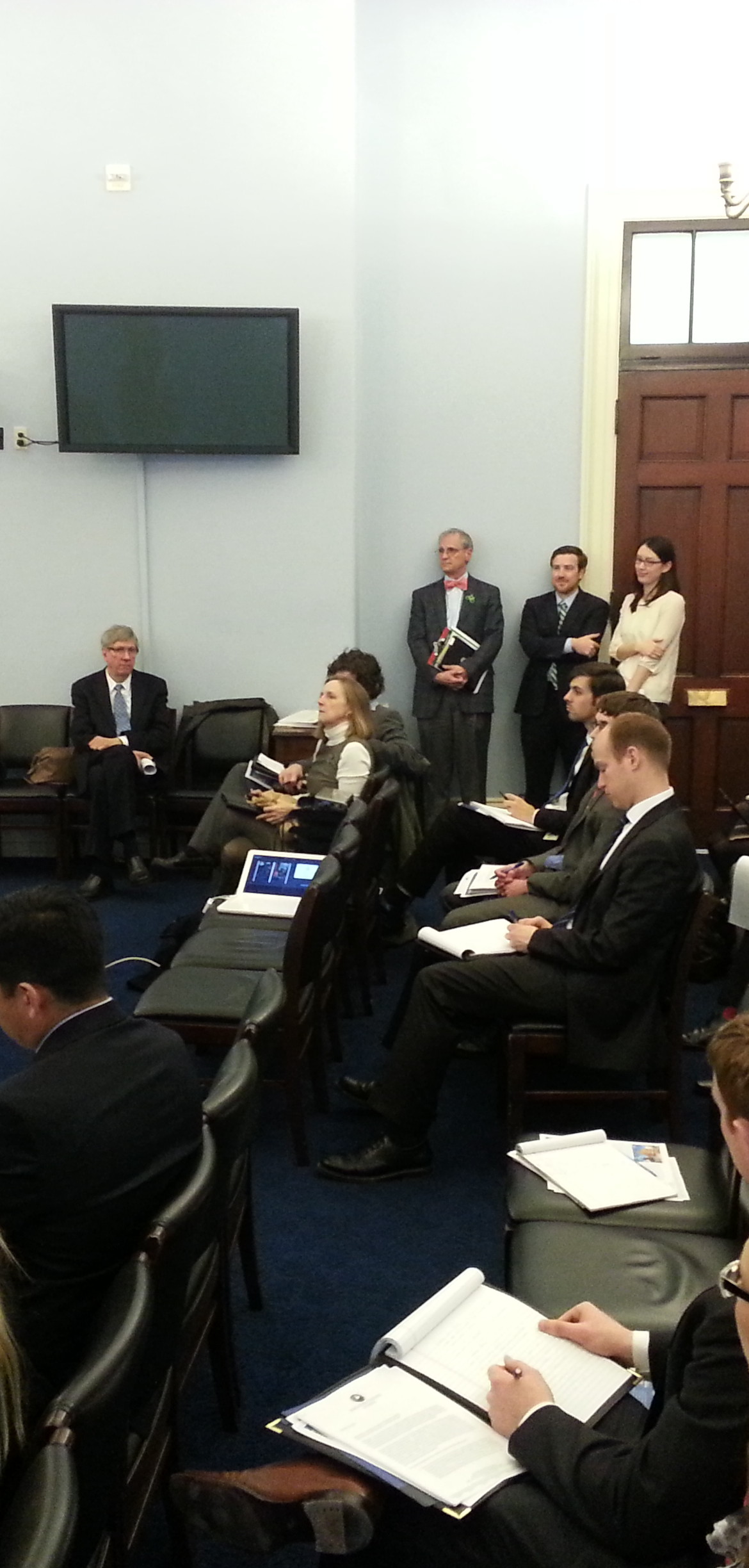Posts Tagged "CBO"
In Hill event, local leaders make case for federal support for transportation needs

Before a packed room on Capitol Hill, local leaders from three very different communities shared one very specific message with a handful of Congressmen and at least four dozen staffers: If Congress doesn’t act to shore up the nation’s transportation fund before it goes insolvent later this year, their cities and communities would bear the brunt of the pain.
CBO: Highway Trust Fund hole even deeper than expected

New revenue projections for the Highway Trust Fund released this week from the Congressional Budget Office (CBO) show that, not only is the nation’s transportation fund going in the red sooner than expected, but the gap to maintain promised funding levels has increased by about $5 billion.


















